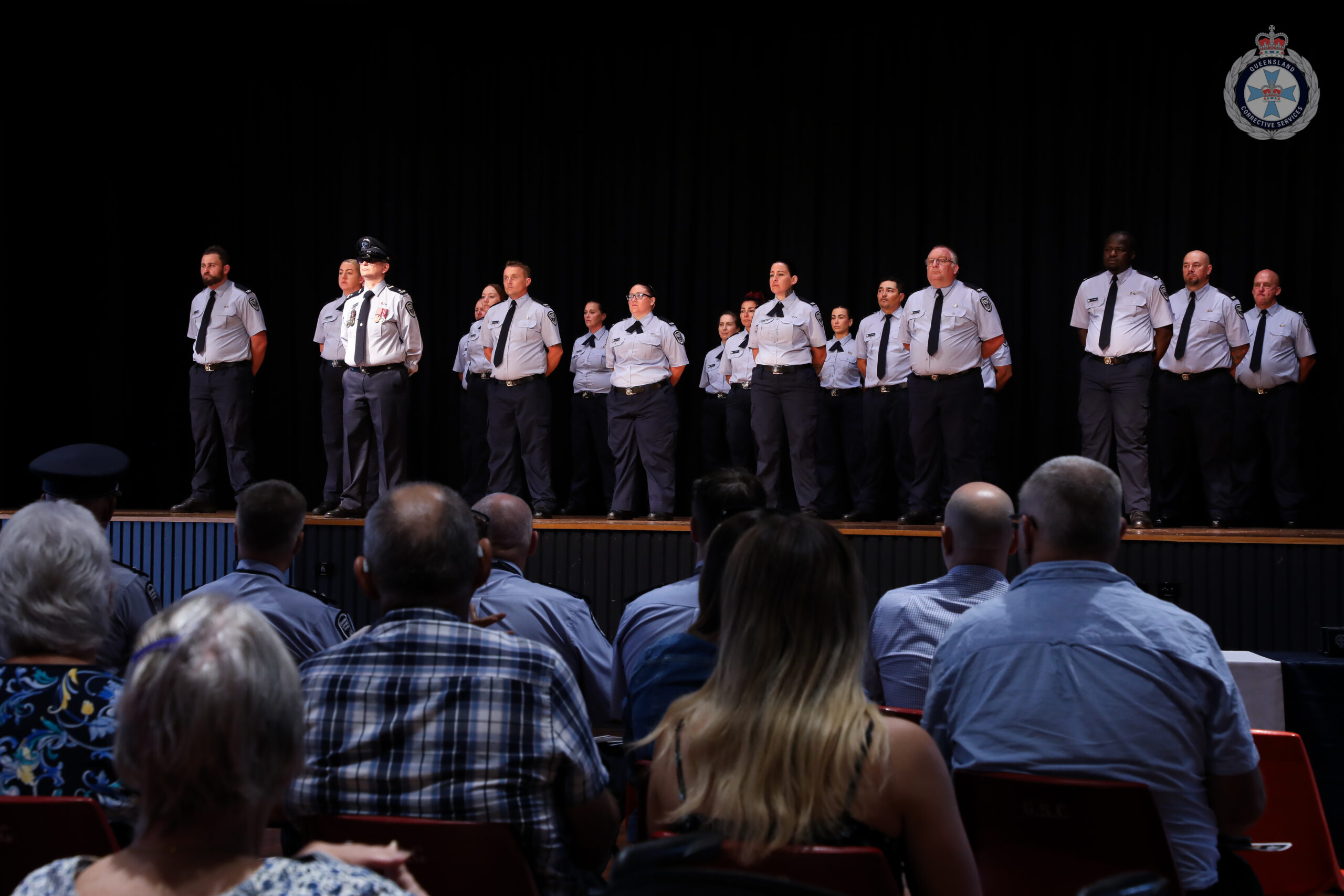The research found it was commonplace for services to deliver alcohol products regularly to people who were already intoxicated, fail to check IDs and leave alcohol unattended.
With concerns about alcohol harm increasing during coronavirus, troublingly the research showed on-demand alcohol delivery appeared to be geared towards vulnerable people. It revealed regular users were more likely to be risky drinkers, suffer memory loss or become injured or injure others after drinking than people who don’t use these services.
The surveys of over 760 on-demand alcohol service users and over 890 non-users found:
A third of people who use on-demand services said they were given alcohol without their ID being checked, including around a quarter of people aged 18-24
71% of weekly users said they regularly received their orders despite being intoxicated
40% of people said they would have stopped drinking if on-demand alcohol delivery wasn’t available
Harm increased the more frequently people used the services – almost three quarters of weekly users also consumed 11 or more drinks in a session at least once a week
Almost half of people who used on-demand delivery reported having memory loss after drinking, compared with less than a quarter of people who don’t use on-demand alcohol delivery
Almost three times more on-demand users reported being injured or injuring someone else after drinking alcohol compared with people who don’t use the services (i.e. 25% v 9%). Of those, nearly half said the last time an injury occurred they had been consuming alcohol sourced from an on-demand service
1 in 10 had orders left unattended and 15% of respondents said their order was collected by someone else.
In response, the health promotion agency is calling for higher standards for how on-demand alcohol delivery services operate in Victoria.
VicHealth CEO Dr Sandro Demaio said the harm from on-demand alcohol delivery was of growing concern to the community.
“This research for the first time shows a concerning link between ordering on-demand alcohol products online and harms like memory loss and injury. Those profiting from on-demand delivery are fuelling alcohol harms in our homes without following any of the standards our community expects for the service of alcohol,” Dr Demaio said.
“These services make it easier than ever to push alcohol onto vulnerable people. Something is really wrong when a business is allowed to sell someone a bottle of hard alcohol when they’re already drunk and deliver it to their door in 15 minutes.
“Alcohol causes memory loss and fuels injury and violence – and that’s not even taking into account the long-term health impacts like cancer and stroke. We need to stop treating the alcohol industry like they’re selling benign products like milk and bread.”
Dr Demaio said the Government has an opportunity to reduce the harm caused by on-demand delivery of alcohol products in Victoria.
“Alcohol delivery services are allowed to operate like cowboys in Victoria – it’s causing harm and it’s time to rein them in,” he said.
“To reduce harm we want to see a minimum time of two hours between ordering and receiving alcohol, IDs must be checked and under no circumstances should alcohol be left unattended.
“We know the alcohol industry is using coronavirus as a smokescreen and lobbying hard to avoid being held to higher standards – yet the profits of on-demand alcohol delivery have only gone up during the pandemic.
“Why should a pub have to abide by Responsible Service Alcohol provisions but businesses selling alcohol online aren’t held to account. We’re calling for the Government to hold on-demand delivery services to a higher standard and protect our health.”
VicHealth surveyed over 1,600 Victorians in April 2020 about their use of on-demand alcohol delivery services such as Tipple, Dan Murphys Delivery and Jimmy Brings. In response VicHealth is calling for the following reforms to the Liquor Control Reform Act:
There should be a delay of two hours between purchase and delivery.
Services offering on-demand delivery of alcohol products should be prohibited from trading between 10pm and 10am.
For all on-demand alcohol home delivery services, the person who places the order should also have to collect it, and present photo ID as proof of age and identity.
Under no circumstances should deliveries of alcohol products be left unattended.
Alcohol on-demand delivery services should be prohibited from using direct marketing and inducements via email, text or in-app promotions.
Online alcohol retailers should have to follow the same regulations as on-premise retailers like pubs and bottleshops.







